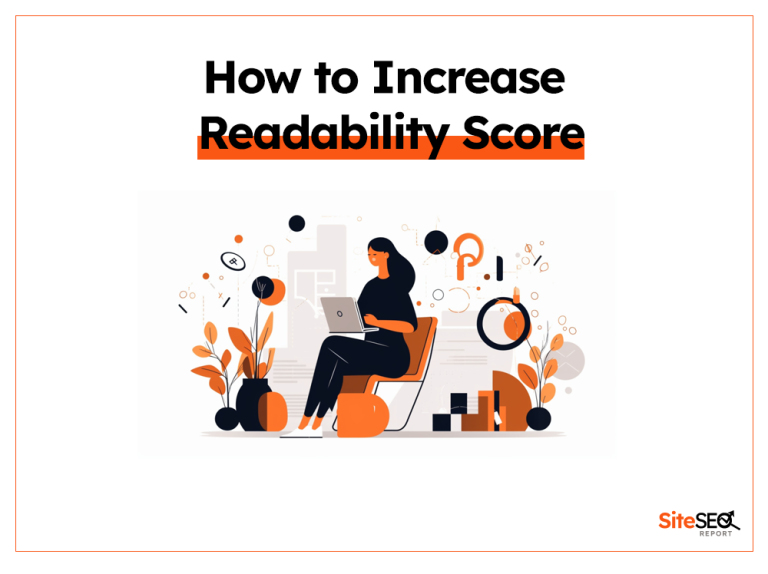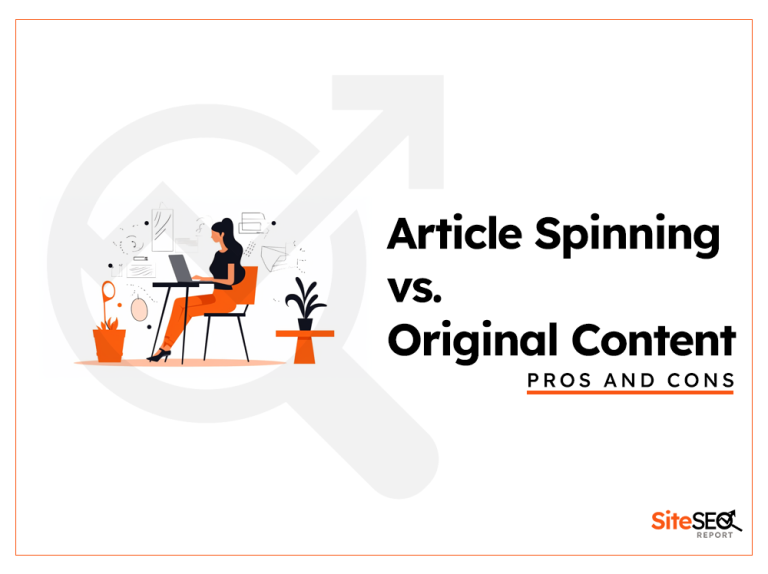Navigating the SEO landscape can be tricky. But one thing stands out: understanding user intent is crucial.
Long-tailed keywords play a massive role in this. They can give insights into what users are looking for and help drive conversions.
The Basics: What are Long Tailed Keywords?
Long-tailed keywords are keyword phrases that typically contain three or more words. They are highly specific, which means when users search using these keywords, they have a clear idea of what they’re looking for.
Example: While “shoes” is a broad keyword, “red women’s running shoes size 7” is a long-tailed keyword.
Decoding User Intent
User intent is the reason behind a search query. It’s what the user hopes to achieve. By using long-tailed keywords, businesses can match their content with user needs.
According to Search Engine Journal, understanding and matching user intent can lead to higher conversions.
LSI vs. Long Tailed Keywords: What’s the Difference?
While both LSI (Latent Semantic Indexing) and long-tailed keywords are essential in the realm of SEO, they serve distinct purposes:
| Keyword Type | Definition | Example |
|---|---|---|
| LSI Keywords | Words or phrases contextually related to the primary keyword. They give search engines a better content context. | For “running shoes,” LSI might be “sneakers” or “jogging.” |
| Long Tailed Keywords | Extended, specific keyword phrases that users search for. They target precise user needs. | “Best shoes for marathon training.” |
Deciding Between LSI and Long Tailed Keywords:
For Enriching Content: LSI keywords are your go-to. By integrating related terms, you can create a holistic and contextually-rich content piece that search engines love.
For Targeting Specific User Needs: Long-tailed keywords are invaluable. They allow businesses to tailor their content or products to meet very specific user needs, often leading to higher conversion rates.
Tools of the Trade
To effectively utilize these keywords in your strategy:
- For LSI Keywords: Tools like LSI Graph can help unearth related terms.
- For Long-Tailed Keywords: Platforms like Ubersuggest or Ahrefs can guide you.
Real-World Impact of Understanding User Intent
Imagine a user searching for “how to train for a marathon.” This long-tailed keyword reveals a specific intent – the user isn’t just curious about marathons; they want to train for one.
By providing detailed content that matches this intent (like a marathon training guide), businesses can significantly increase their chances of driving conversions.
10 FAQs on Long Tailed Keywords and User Intent
What is user intent?
The goal a user has when typing a search query.
Why are long-tailed keywords important?
They match content to specific user needs, driving conversions.
Are LSI words and long-tailed keywords the same?
No. LSI words are related terms, while long-tailed keywords are specific search phrases.
How do I find long-tailed keywords?
Use tools like Ubersuggest or Ahrefs.
Why do long-tailed keywords have higher conversion rates?
They’re specific, so they align better with user intent.
Can I use both LSI and long-tailed keywords in content?
Yes, for enriched, relevant content that matches user needs.
How do long-tailed keywords impact SEO?
They can improve rankings for specific queries and drive targeted traffic.
Do long-tailed keywords work for PPC campaigns?
Yes, they can lead to higher click-through rates and conversions.
How often should I update my long-tailed keyword strategy?
Regularly. User behaviors change, and so should your keywords.
Are long-tailed keywords essential for voice search?
Yes, voice searches are often specific and conversational, making long-tailed keywords valuable.
In Closing
Decoding user intent is vital for SEO success. By leveraging the power of long-tailed keywords, businesses can connect with users more effectively, driving conversions and boosting their online presence. Focus on the user, and the results will follow.






